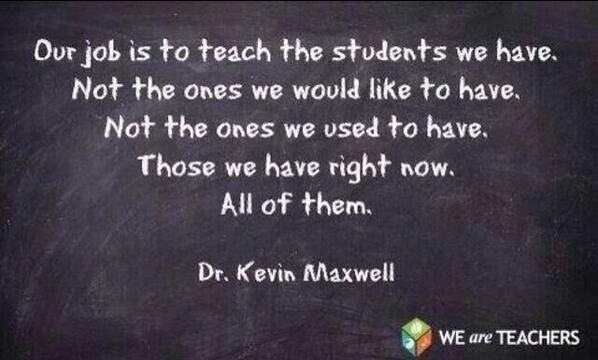Jesuit priest Fr. Bill Watson recently proposed this in a talk I had the pleasure of hearing.
Try an experiment with me: take one minute to think about the last time you silently reflected on something deeply important to you. Ready? Go.
Now, I'm not going to ask you the question you're expecting (i.e., what did you think about?). What I'd really like to know is how many distractions occurred, internally or externally, during that minute?
My minute had barely begun when my phone chirped that one of my tweets had been favorited. Then, I noticed my Gmail inbox counter jumped by one more email, so I closed my eyes to avoid the computer screen. That's when my two-year-old said, "What you doing, Daddy? You sleepy?"
You get the idea.
Distractedness vs. Silence
As I wrote last month in Silence!, distractedness seems to be developing into the rule of the day. I have started to feel like it is becoming my default mindset. Even while alone, a constantly shifting stream of thoughts, distractions, and needs keep vying for first place in my consciousness. I've become used to the "chatter," almost expecting it or needing it to feel comfortable. If you've ever turned on the TV while alone in the house, just because you needed the background noise, you may have a sense of what I'm describing.
Last month, I simply considered the benefits of finding silent time to contemplate, pray, or just be at peace. However, when Fr. Watson crystallized this issue into the simple yet disconcerting equation: distractedness = loss of depth, it really got me thinking about the negative side. I wonder:
- If I'm rarely able to enter deeply into thought, what am I missing?
- If I can't move beyond the distractedness and chatter to think about my life, my relationships, or my purpose, how well can I truly live?
And, even more importantly:
- If I don't carve out daily quiet time for prayer, am I living an authentically Christian life?
- If I don't regularly seek to be peaceful, at rest, contemplative (i.e., distraction-free), how can I hear God speaking His will for my life?
To use a metaphor, if my life is a birthday cake, am I just tasting the frosting off the top?
Spiritual Implications
Fr. Watson quoted C.S. Lewis as saying: "The world of noise and chaos will in the end silence every heavenly voice as well as human sensitivity to the inner stirrings of conscience." This is the last thing I want to happen to me, my children, or my students.
I don't know about you, but as good as the frosting can be, getting the full flavor of the cake means plunging your fork down into the layers. Getting the full "flavor" of God's calling for my life means deeply, intimately, quietly sitting as His feet.
My Smartphone: The Great Distractor
As much as I love both technology and my phone, it is the "Great Distractor"! Smartphones, wearables, tablets-- these shiny gizmos are designed to get our attention and keep it. I'm not saying smartphones are bad! Used well, they are a wonderful tool. However, the technology needs to have its appropriate time and place.
So I suggest the following to parents and teachers:
- Make quiet time a part of your daily routine-- as many minutes as the child's age. Don't even play music!
- Balance children's screen time with non-screen time-- conversation, art, play, walks outdoors.
- At bedtime or end-of-day prayer, prepare children to "see" God the next day by sharing how you experienced Him during your day. (I.e., in the sunset, in your child's smile, during prayer, or in the Eucharist).
- If old enough, ask children to share where they saw God that day.
- Set the example for a balanced life by having a distraction-free family time. Perhaps this is while driving to soccer practice, or on Sunday morning before Mass.
- Have a "screen curfew" after which time all screens are turned off for the evening.
- Speak positively about these times. Be careful not to negate the message of quiet time by making it a chore to complete that is rewarded by video game time, TV, etc.
God Bless.
Photo credit: blakespot via photopin cc








